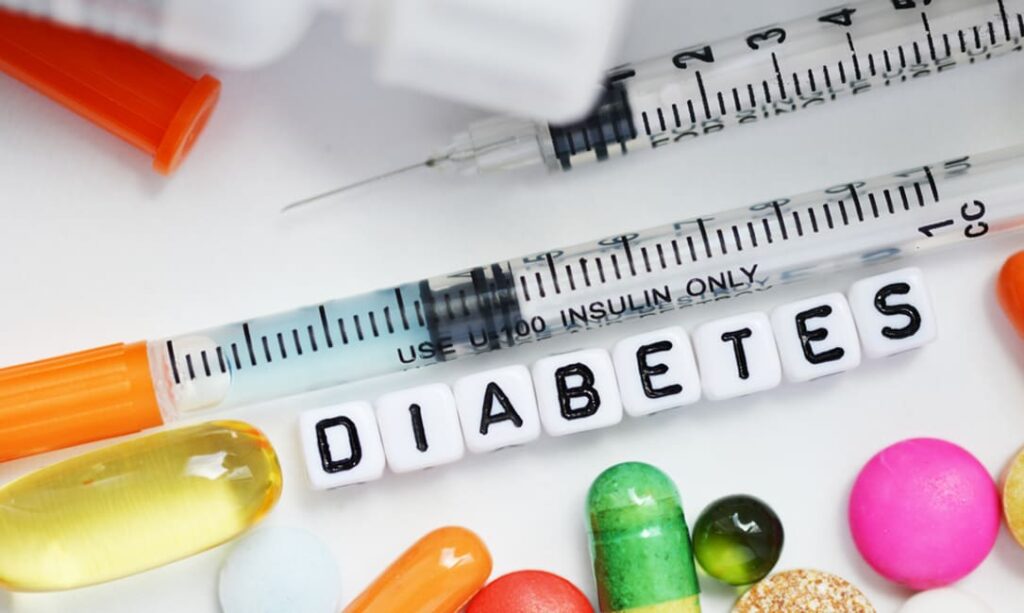Type 2 Diabetes- Everything You need To Know
Type 2 diabetes, the most prevalent type of diabetes, is a problem that occurs when your blood glucose, sometimes called blood sugar, is too high. Blood glucose is your primary source of energy and comes mostly from the foods that you eat. Insulin, a hormone produced by the pancreas, aids glucose absorption into cells for energy production. When you have type2 diabetes, your body either doesn’t generate enough insulin or doesn’t use it properly.
It is one of insulin resistance, is likely one of the most well-known chronic diseases in the world, which is understandable. According to the Centers for Disease Control and Prevention (CDC), 30.3 million people in the United States, or 9.4 percent of the population, have diabetes, with type 2 diabetes accounting for the majority of these cases.

Risk Factors
- Diabetes affects the family.
- Overweight
- Unhealthy eating habits
- Inactivity on the physical level
- Ageing
- Blood pressure that is too high
- Ethnicity
- IGT (impaired glucose tolerance)*
- Gestational diabetes.
- Nutritional deficiencies during pregnancy
Symptoms
Type-2 diabetes symptoms and signs often appear gradually. You could be living with diabetes for years without realizing it, so go through the regular health checkup and consult our Endocrinologist. The following are examples of indications and symptoms that may be present:
- Thirst increases
- Increased hunger due to frequent urination
- Weight loss that was unintentional
- Fatigue
- Vision is hazy
- Sores that take a long time to heal
- Infections that occur frequently
- tingling or numbness in the hands or feet
- Darkened skin patches, generally in the armpits and neck
Complication Of Type 2 Diabetes
Your body’s tissues and organs can be badly damaged if your blood glucose level remains high for an extended length of time. Over time, some issues can become life-threatening.
If you have type 2 diabetes, you’re at a higher risk of developing complications. Working with your doctor to develop an effective type 2 diabetes treatment plan will help you minimize your risk. Keeping track of your blood sugar levels, as well as other important aspects of your health, can help you avoid future difficulties. Some of the long term complications are-
- Coronary artery disease,
- Nerve injury (neuropathy) produces numbness and tingling in the toes and fingers, which eventually spreads.
- Nephropathy is kidney deterioration that can lead to renal failure, dialysis, or transplantation.
- Retinopathy (injury to the retina)
- Infections of the skin
- Erectile dysfunction is a condition that affects men.
- Hearing loss is a common problem.
- Depression.
- Dementia.
- Problems with the teeth.
Our Endocrinologist are highly trained and offer the most advanced testing and treatment options for Diabetes and thyroid treatment .Call HMC Medical Center at +971 4 566 8336 to learn more or schedule an appointment
Leave a reply
